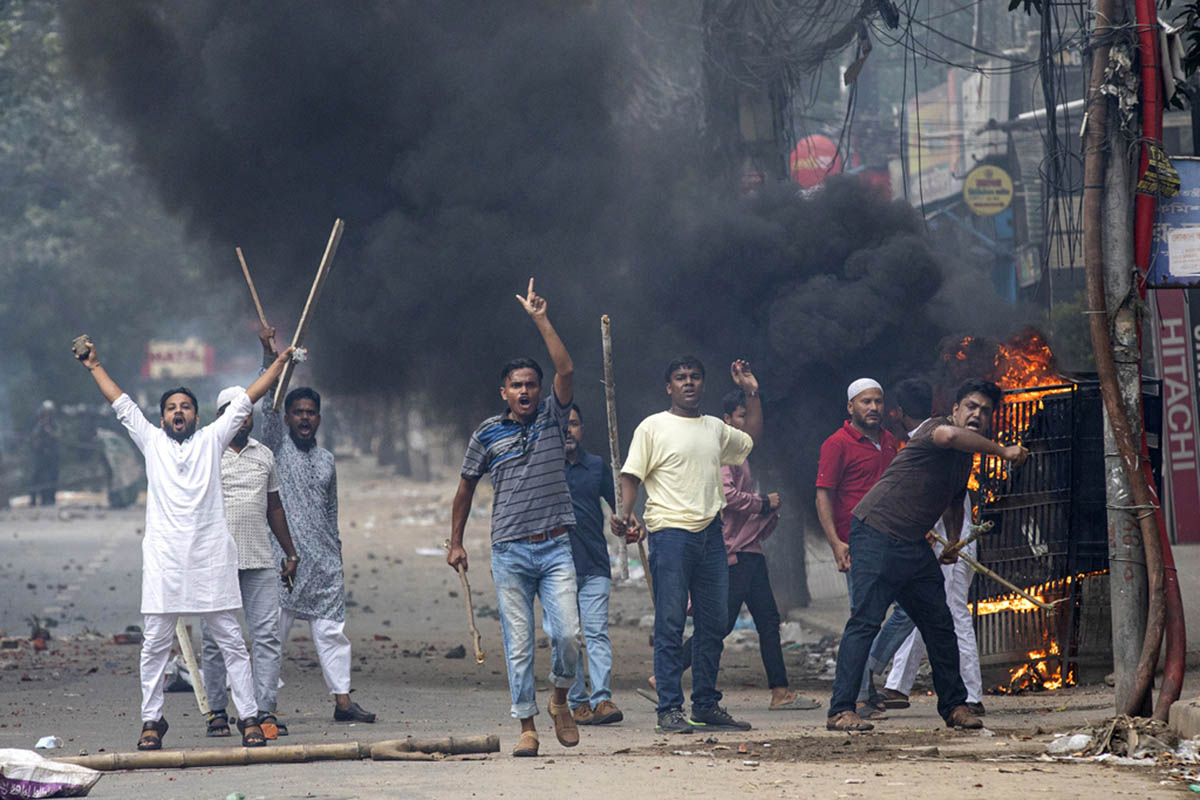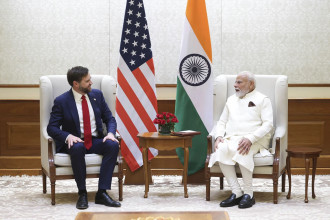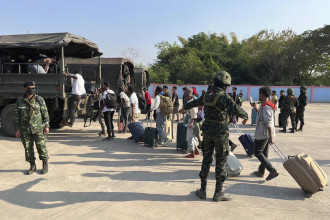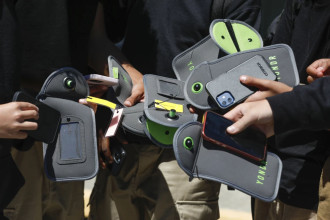
DHAKA: Bangladesh's vital garment industry lost $400 million due to unrest following the student-led revolution that ousted the country's autocratic premier, industry leaders said on Sunday, insisting the situation was now 'stable'.
The South Asian nation's 3,500 garment factories account for around 85% of its $55 billion in annual exports, but the unrest caused significant disruptions to the linchpin industry.
After months of deadly protests, ex-leader Sheikh Hasina fled by helicopter to neighbouring India on August 5.
An interim government, led by Nobel Peace Prize winner Muhammad Yunus took over, but protests in a string of garment factories continued with workers demanding jobs and better pay.
Such demonstrations sometimes spiralled into violence. On September 30, a garment worker was killed and 20 were injured in clashes between protesters and the police.
Kalpana Akhtar, president of the Bangladesh Garments and Industrial Workers Federation, said on Sunday that there had to be 'a drastic change in the attitude' of factory owners and the government.
"The discussion about pay raises only takes place when the workers take to the streets," Akhtar told AFP.
She said changes were needed 'to ensure stability in this sector', warning that "otherwise, the calm situation might not last."
Bangladesh is the world's second-biggest exporter of clothing by value after China and supplies many of the world's top brands, including Levi's, Zara and H&M.
Khandaker Rafiqul Islam, president of the Bangladesh Garment Manufacturers and Exporters Association, said that the "industry is currently stable after going through a challenging period".
Islam, speaking to reporters on Saturday, estimated losses since August to total around $400 million, and said security forces needed to continue protecting the industry.
"The army formed a task force to protect the factories, and they are conducting regular patrols to ensure security at the garment hubs," Islam said.
"The buyers have regained their trust in Bangladeshi apparel, but uninterrupted law and order is essential to maintain stability".
By RSS/AFP






